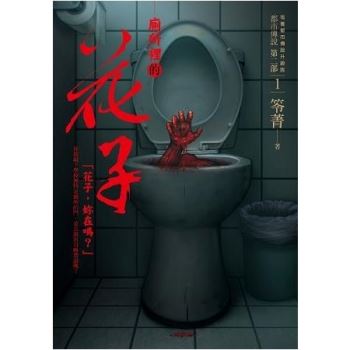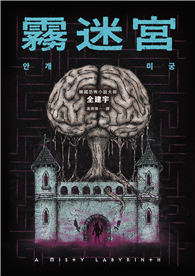This study is the result of ten years of clinical care at the Prosthesis Service of the Eastern District of the Municipal Health Department of Campinas City Hall. These are pathographic stories told by the patients themselves, who have had their teeth mutilated over the course of their lives, due to professional negligence, financial unavailability, difficulty in accessing public services or for other reasons beyond their control. Pain and exclusion from society are the most striking symptoms, associated with low socio-economic, cultural, housing and employment conditions. According to Mendonça (2001), dental mutilation is seen as a relevant health issue, given that it is one of the most prevalent oral diseases and the result of a past in which dentistry was devoted to relieving pain through extractions and reasoning that pointed only to basic care and reducing/eliminating sugar as the "biological" ways of solving the problem. Fonsêca and Junqueira (2014) agree that dentistry courses are based on technical centrality, to the detriment of comprehensive care.
| FindBook |
|
有 1 項符合
Moutella Pimenta的圖書 |
 |
$ 3520 | Pathographs of Dental Mutilates
作者:Moutella Pimenta 出版社:Our Knowledge Publishing 出版日期:2024-06-26 語言:英文 規格:平裝 / 164頁 / 22.86 x 15.24 x 0.97 cm / 普通級/ 初版  看圖書介紹 看圖書介紹
|
|
|
圖書介紹 - 資料來源:博客來 評分:
圖書名稱:Pathographs of Dental Mutilates
|











